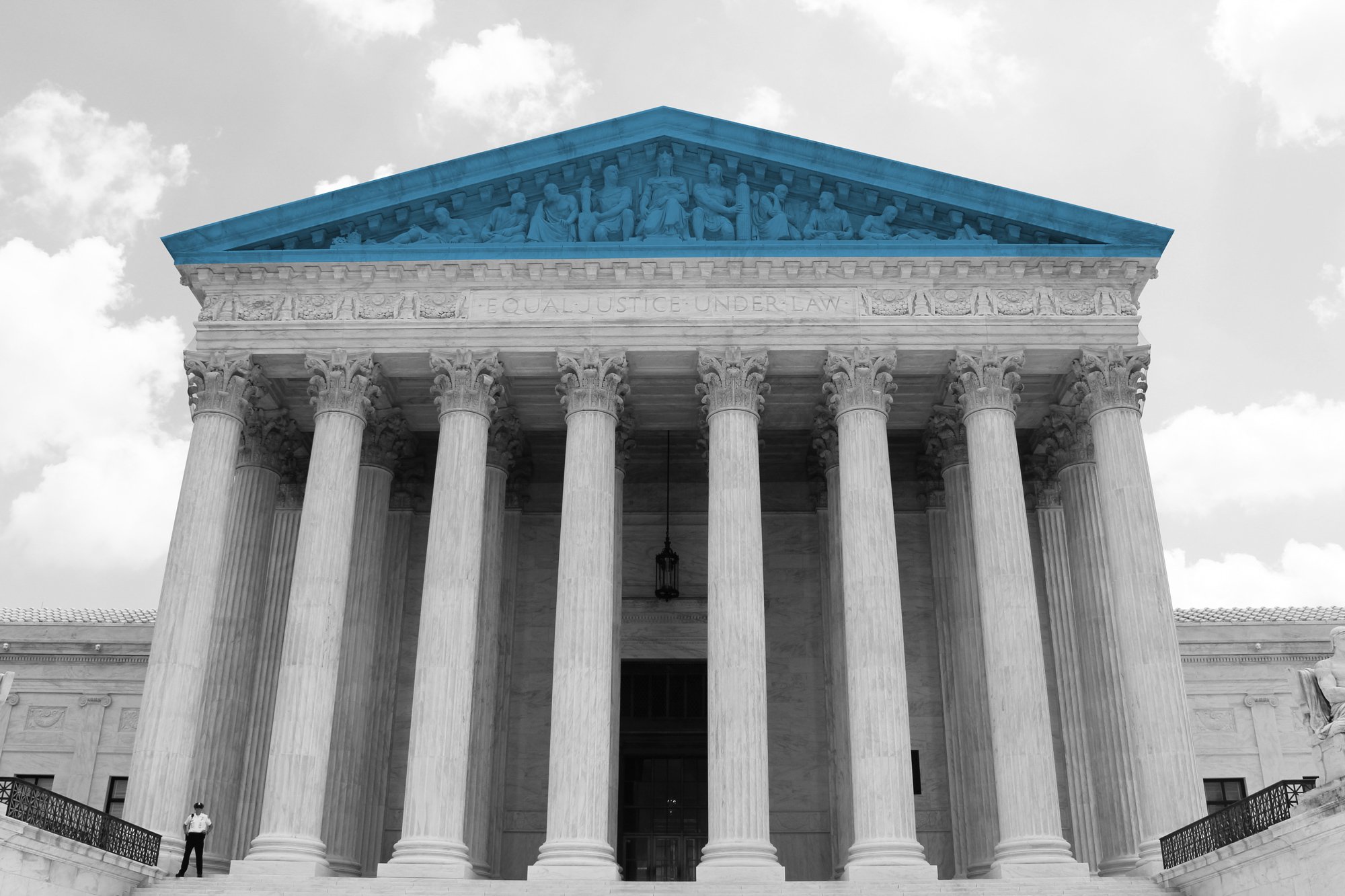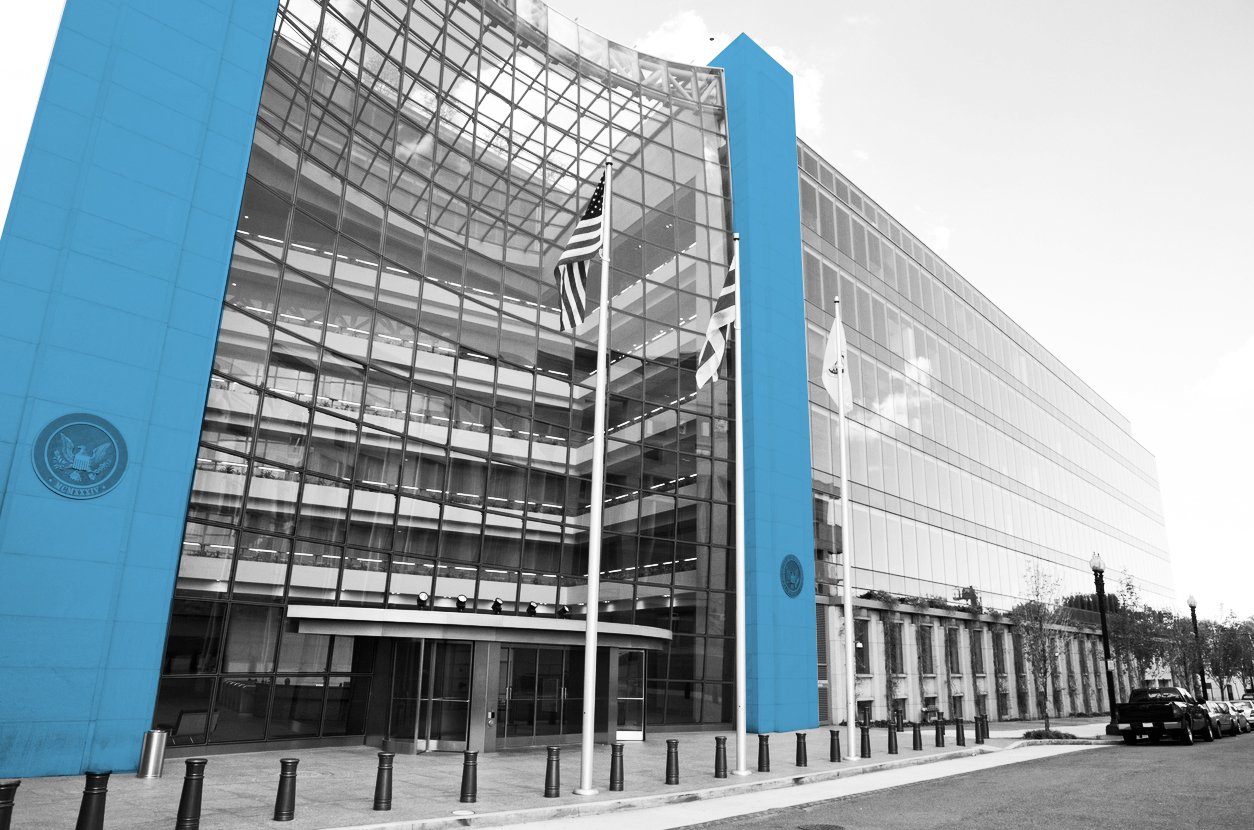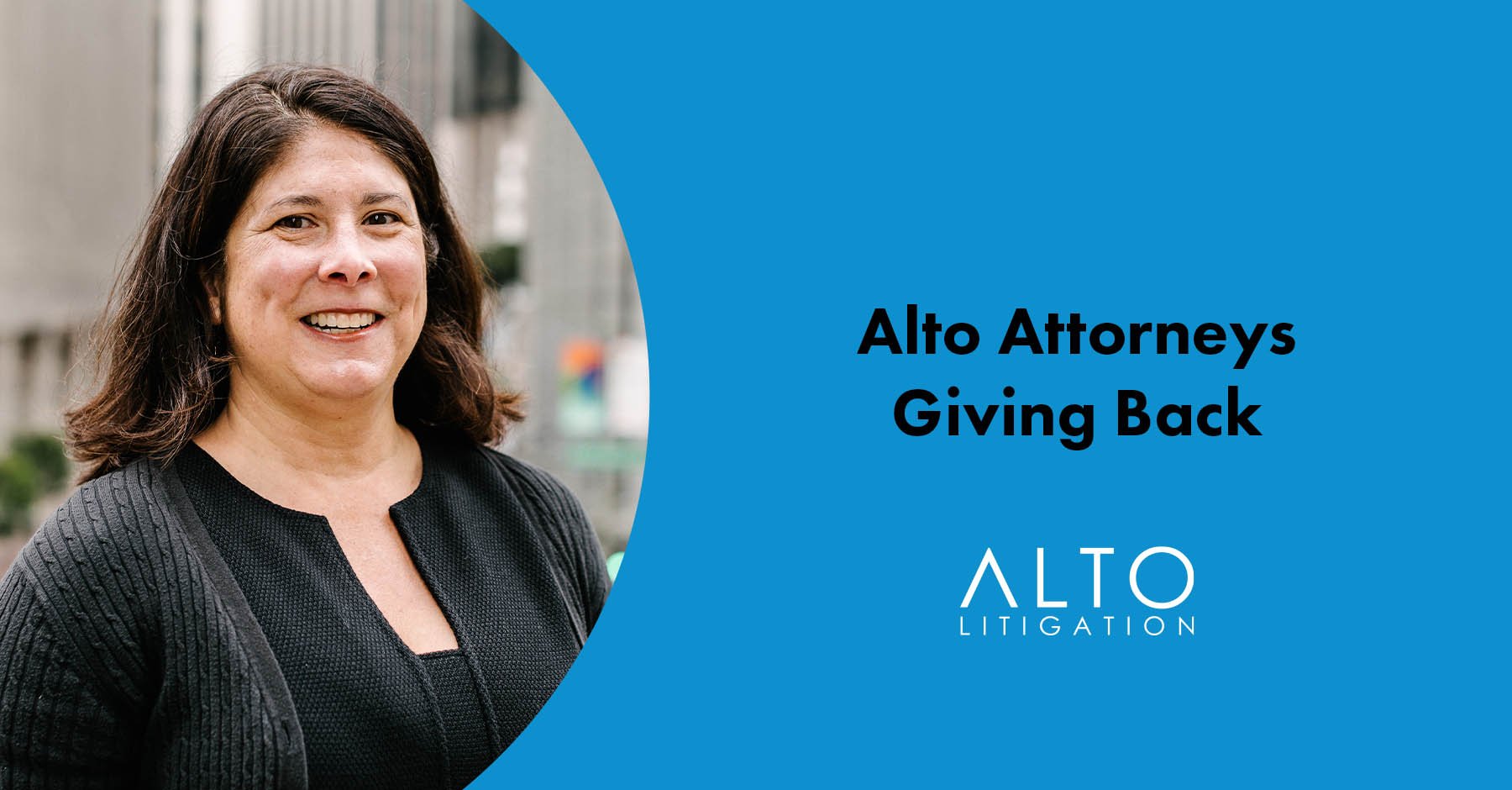For years, the Securities Exchange Commision (SEC) has been adamant that, according to SEC chair Gary Gensler, the “vast majority” or cryptocurrency tokens are securities and that offers and sales of such tokens are covered by the securities laws. As the SEC ramps up efforts to regulate the cryptocurrency industry in accordance with that position, courts have begun weighing in on the issue—and the results are mixed.
SEC v. Ripple: Tokens Sold Over Exchanges to the General Public are Not Securities
In SEC v. Ripple Labs, Inc, a case we addressed in a previous post, Judge Analisa Torres in the United States District Court for the Southern District of New York held that sales of XRP to institutional investors involved securities under the test articulated by the Supreme Court in SEC v. W.J. Howey Co., 328 U.S. 293 (1946).
However, the court ruled that so-called Programmatic Sales on crypto exchanges to the general did not involve securities because the purchasers were not buying directly from Ripple, and therefore could not reasonably expect a profit derived from Ripple's efforts (the third prong of the Howey test).
The Court in SEC v. Terraform Labs Pte. Ltd. Reaches a Different Conclusion
On July 31, 2023, Judge Jed S. Rakoff in the United States District Court for the Southern District of New York reached a conclusion at odds with Judge Torres’ ruling in an opinion denying Terraform Labs’ motion to dismiss a case brought by the SEC.
In this case, the SEC alleges, among other things, that Terraform Labs and its CEO, Do Hyeong Kwon, failed to register the offer and sale of Terraform’s crypto-assets and committed fraud in connection with those transactions. Judge Rakoff denied Terraform Labs’ motion to dismiss, ruling that the SEC adequately pled that Terraform’s crypto-assets qualified as securities under the Supreme Court’s Howey test.
Judge Rakoff explicitly addressed—and rejected—the distinction Judge Torres drew between sales to institutional and retail investors, respectively, when evaluating whether the securities laws are implicated. According to Judge Rakoff, “It may also be mentioned that the Court declines to draw a distinction between these coins based on their manner of sale, such that coins sold directly to institutional investors are considered securities and those sold through secondary market transactions to retail investors are not.”
Moving Forward
So where does this leave us? While the Ripple and Terraform decisions add additional data points to the discussion, there is still no consensus as to whether crypto-assets are securities. While Judge Torres’ ruling briefly raised hopes in the crypto industry that selling tokens on digital asset exchanges to retail investors could allow such transactions to escape SEC enforcement, Judge Rakoff’s rejection of her reasoning highlights the ongoing uncertainty about this important legal issue.
Are crypto tokens securities? Unless Congress intervenes, it will likely be up to the courts of appeal to answer that question. On August 9, 2023, the SEC announced its intention to appeal the Ripple decision. We will continue to keep you apprised of further developments in these and other cases at the intersection of the cryptocurrency industry and the securities laws.
For more information regarding Alto Litigation’s litigation practice, please contact one of Alto Litigation’s partners: Bahram Seyedin-Noor, Bryan Ketroser, or Joshua Korr.
****
Disclaimer: Materials on this website are for informational purposes only and do not constitute legal advice. Transmission of materials and information on this website is not intended to create, and their receipt does not constitute, an attorney-client relationship. Although you may send us email or call us, we cannot represent you until we have determined that doing so will not create a conflict of interests. Accordingly, if you choose to communicate with us in connection with a matter in which we do not already represent you, you should not send us confidential or sensitive information, because such communication will not be treated as privileged or confidential. We can only serve as your attorney if both you and we agree, in writing, that we will do so.
The materials on this website are not intended to constitute advertising or solicitation. However, portions of this website may be considered attorney advertising in some states.
Unless otherwise specified, the attorneys listed on this website are admitted to practice in the State of California.




















